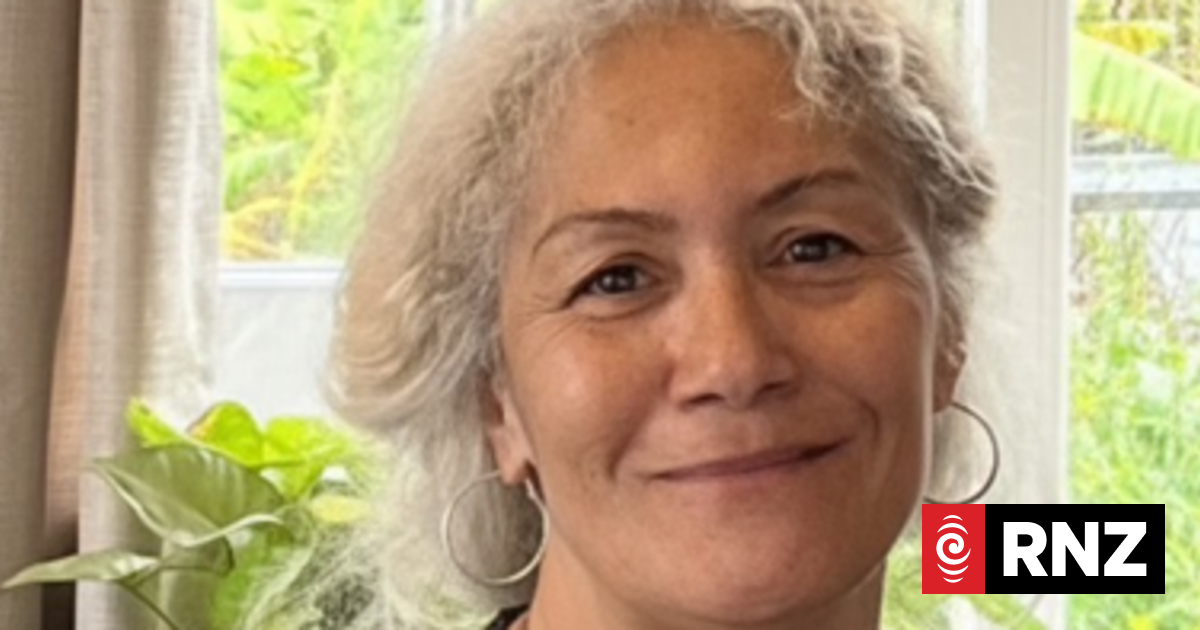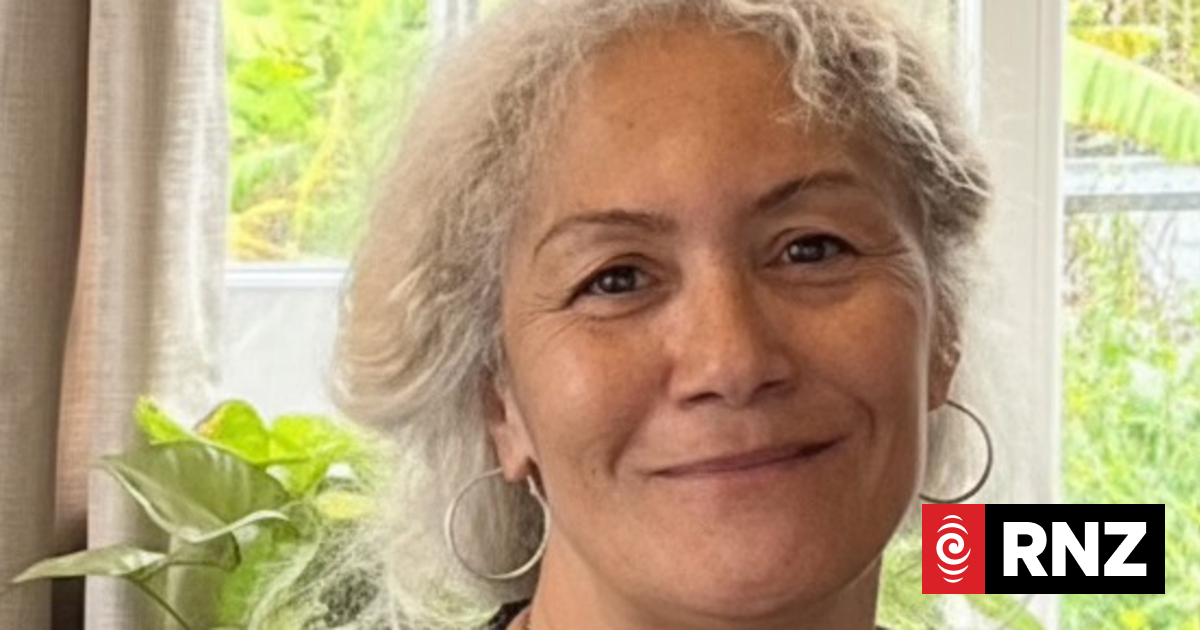Portland School principal Shane Nicholas isn’t surprised new principals are burned out. Photo / Michael Cunningham
A ‘Principal Sentiment Snapshot’ survey from NZEI Te Riu Roa (NZEI) found that 47 per cent of new principals intend to leave their role within the next five years, something two Northland principals have said
they are not surprised by.
Primary school principals are struggling under the immense pressure the job brings and are calling the demands of their role “unsustainable”.
Portland School principal Shane Nicholas said principals will get four or five years into the job and then run out of energy because they’re operating at an “unsustainable level”.
Nicholas, who’s been a principal for around four years, said those principals that leave often move back into teaching or move to a bigger school, something he described as being unfair on the schools they leave because smaller schools tend to attract beginner principals.
“These schools deserve principals that are going to commit their lives to a school,” he said.
Nicholas explained in his school, which has a roll of 76, he plays the role of “everything”.
From cleaning out gutters and having his hands down toilets to delivering care packages and covering for sick staff, he’s doing it all.
“It’s not unusual for us to grab a child who’s got a nit infestation, bring them in, keep them in the shower, treat them here and get them back to class,” he said.
Advertisement
He believes working at that level rather than sending a note home is far more effective, but exhausting.
“In this lower decile level, we’re everything,” he said.
He believes the Ministry of Education relies upon the “goodwill” and passion of principals to keep everything running, often at the expense of their own health and home life.
“These small rural schools are the ones that are really unsupported,” he said.
Results from the NZEI survey found that none of the 629 principals who responded felt well-supported in their roles.
NZEI principals’ representative for Te Tai Tokerau Paul Barker, who is also the principal of Kaeo School, said principals come into the job qualified and wanting to use their skills, but “so many other things fall on their shoulders”.
/cloudfront-ap-southeast-2.images.arcpublishing.com/nzme/THTJAE2UDRGWTFENG5O2JD4TII.JPG)
This includes the introduction of new initiatives and curriculum changes, yet “nothing is taken off the other end”, resulting in an unsustainable workload.
Paired with pastoral care, 50-60 hour weeks, administrative tasks and teaching, he says it’s too much.
Advertisement
Barker said “there’s no fat in the system” for smaller schools when other staff are away or sick.
He noted a significant disparity between resources for secondary schools and primary schools that has fellow principals feeling “fed up”.
“I look at schools of similar size to mine in the secondary school sector and they are so resourced. Principals have a whole bunch of people to take the weight off them,” he said.
Barker described the disparity as a decade-long issue.
“We just think whilst every sector is important in its own right, a lot of the pastoral care and support of families and communities is undertaken in primary schools. But we just don’t have enough resourcing and enough money to do the job properly.”
Barker said principals are often expected to think about “everybody but themselves” in their roles.
“The work just keeps piling up for us, and it’s about time to get support from the Government.”
He said the Government has a “roadmap” to fix the issues, such as surveys and a report on staffing, but whether those changes will occur is another issue.
In April, the Minister of Education announced the establishment of a Ministerial Advisory Group to review staffing in schools. The group will advise the minister on what’s required in the sector to deliver on the purpose of education.
Barker said what comes out of the Ministerial Advisory Group and the collective agreement will pave the way, although an election is looming.
“God knows what will happen to us if there’s a change of government,” he said.
He advocates for a bi-partisan perspective on education, “so we don’t have to keep jumping from one side of the political sphere to the other”.
“The Opposition is talking about re-writing the curriculum, but everybody wants these things implemented in five minutes,” he said.
“Nobody seems to know too much about what that actually means.”
Barker said what he wants to see is people staying on the job, but principals are ultimately “gasping for air” trying to get everything done.
A new collective agreement offer is yet to be received by principals of primary and area schools who are part of NZEI.
Earlier this month, primary school teachers voted to accept their offer after the longest education strike in the history of New Zealand.
Brodie Stone is the education and general news reporter at the Advocate. Brodie recently graduated Massey University and has a special interest in the environment and investigative reporting.



